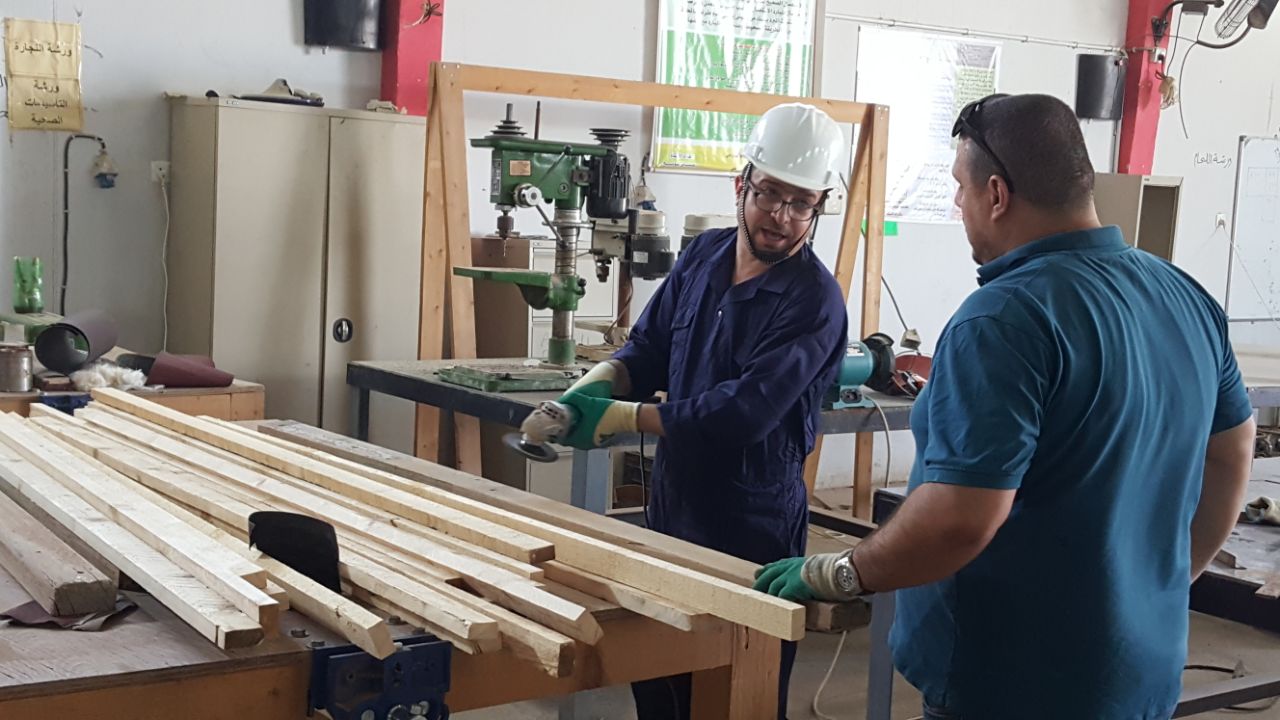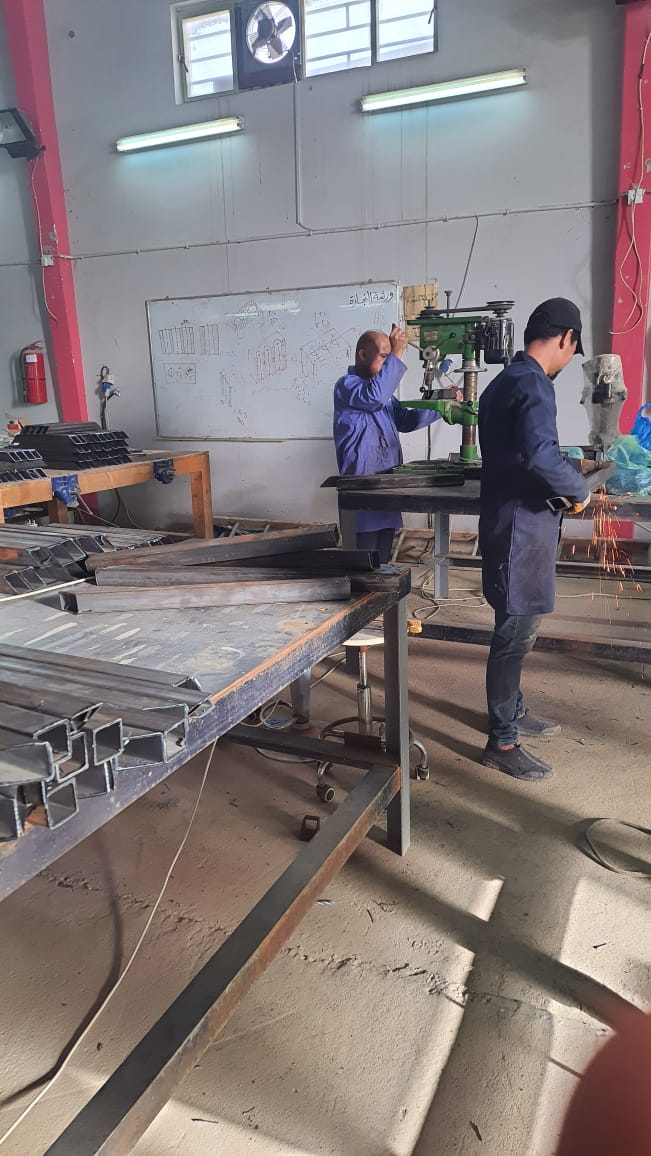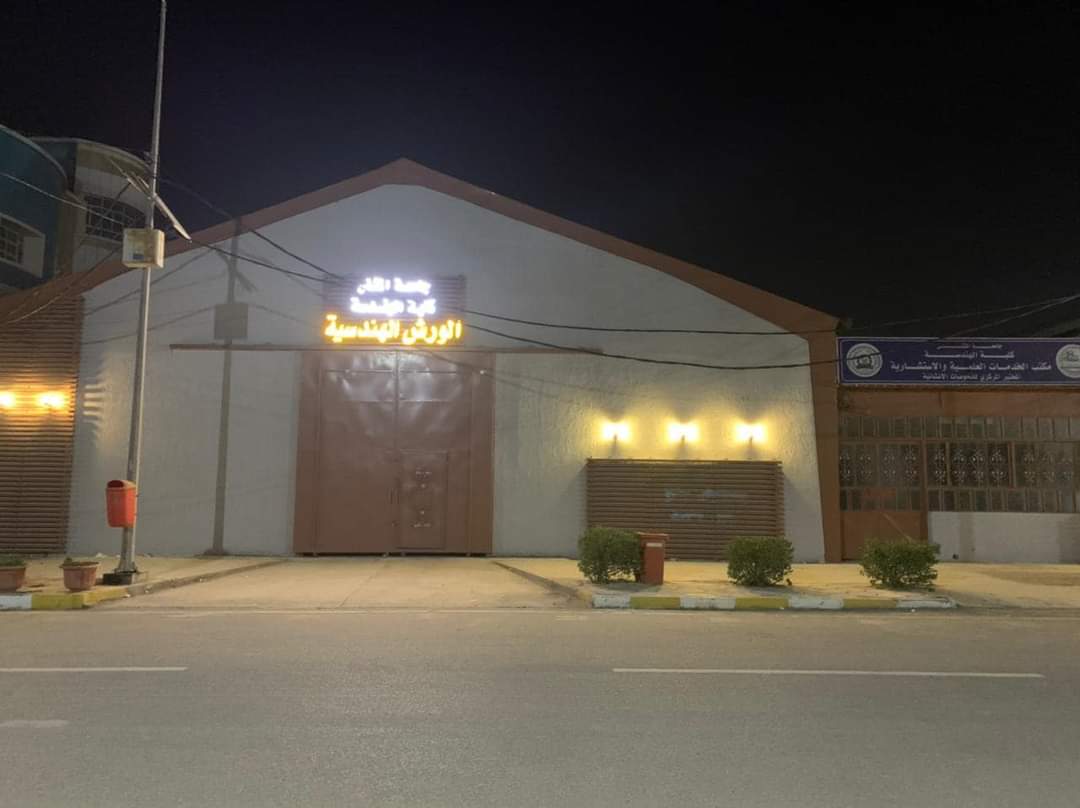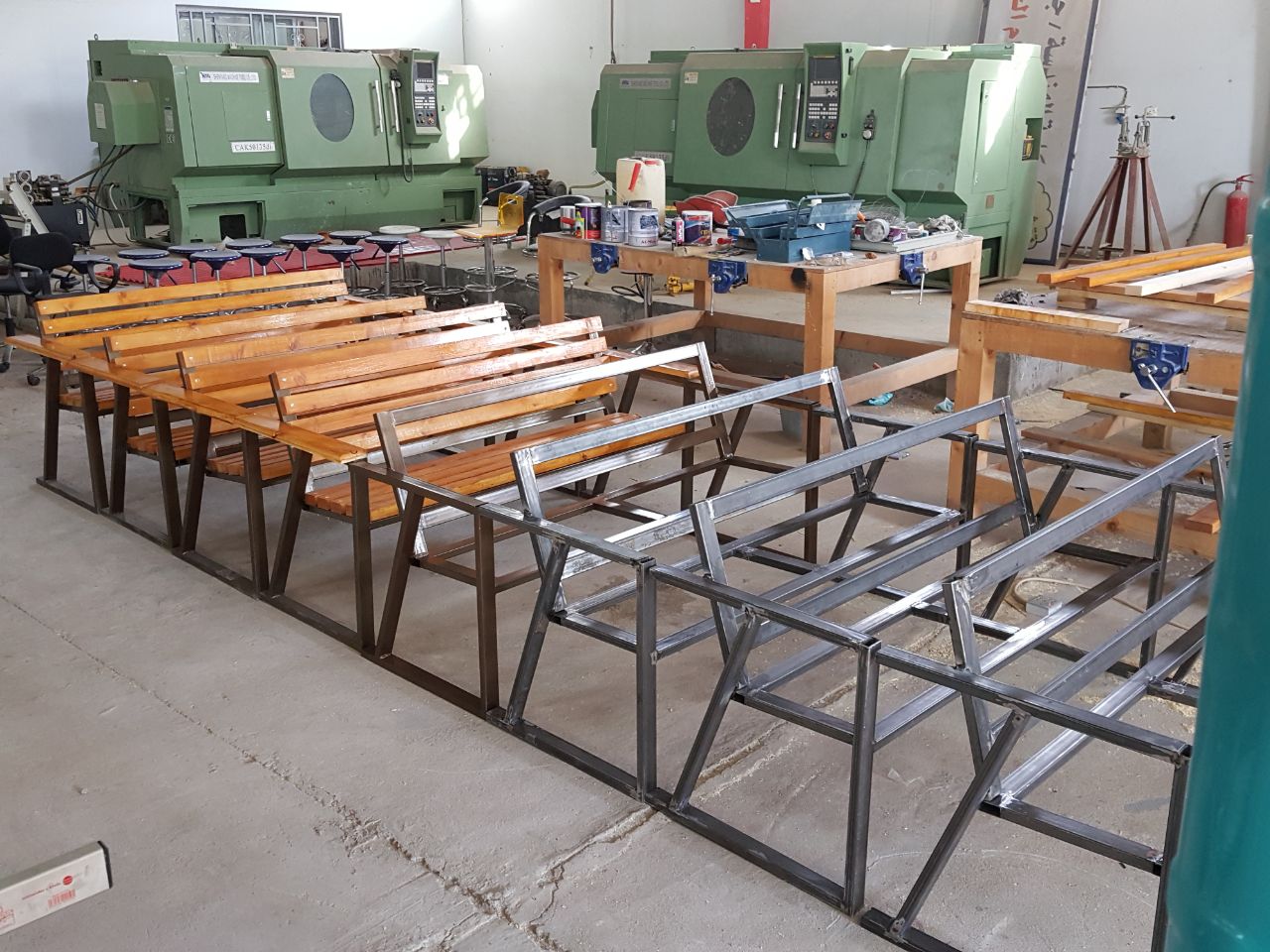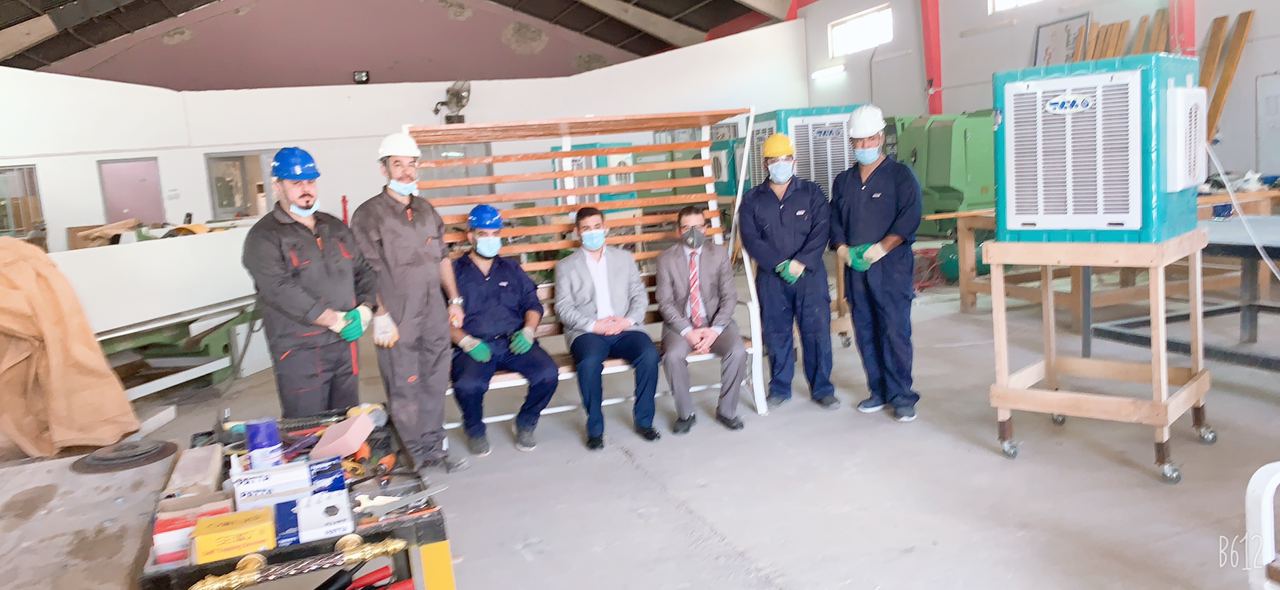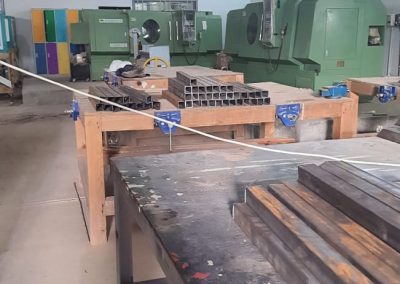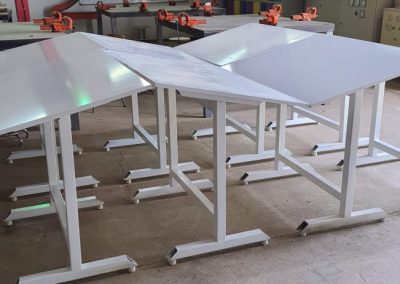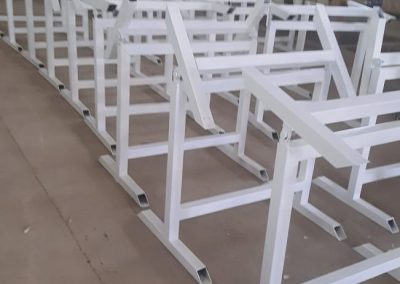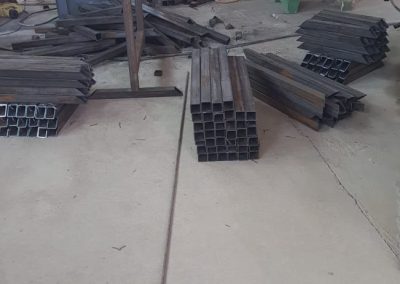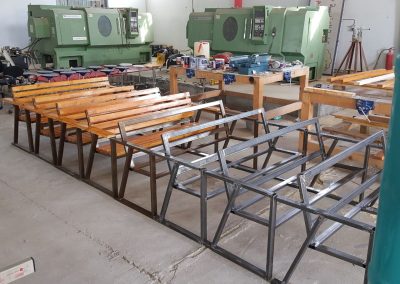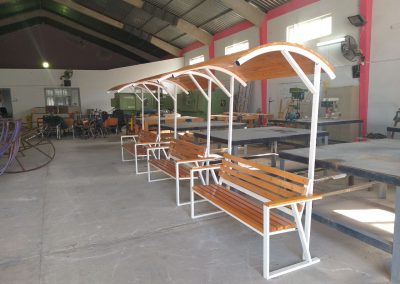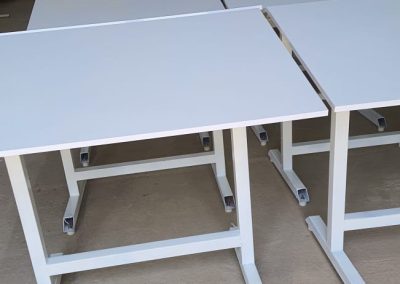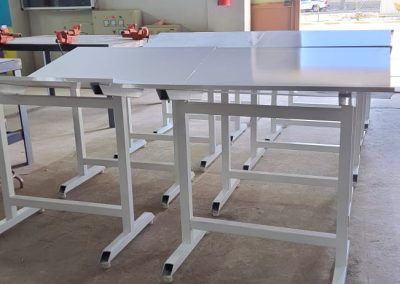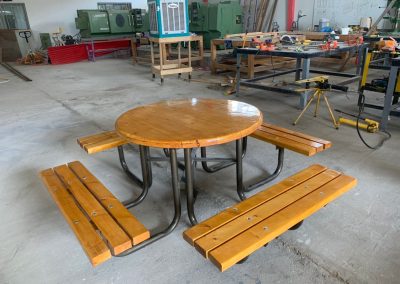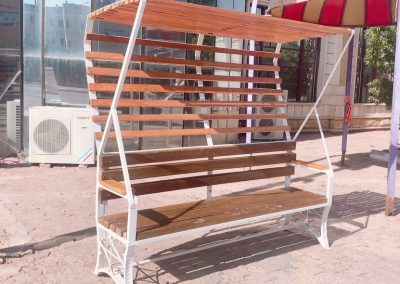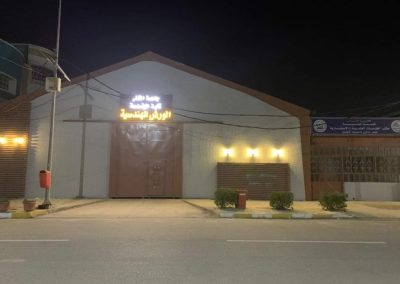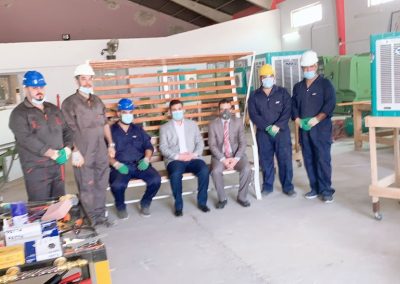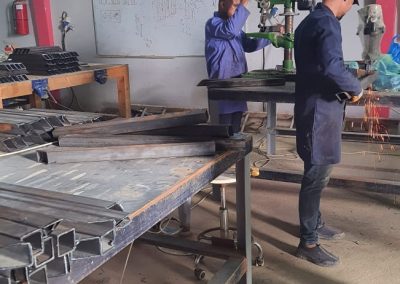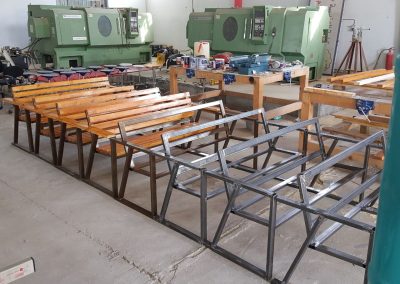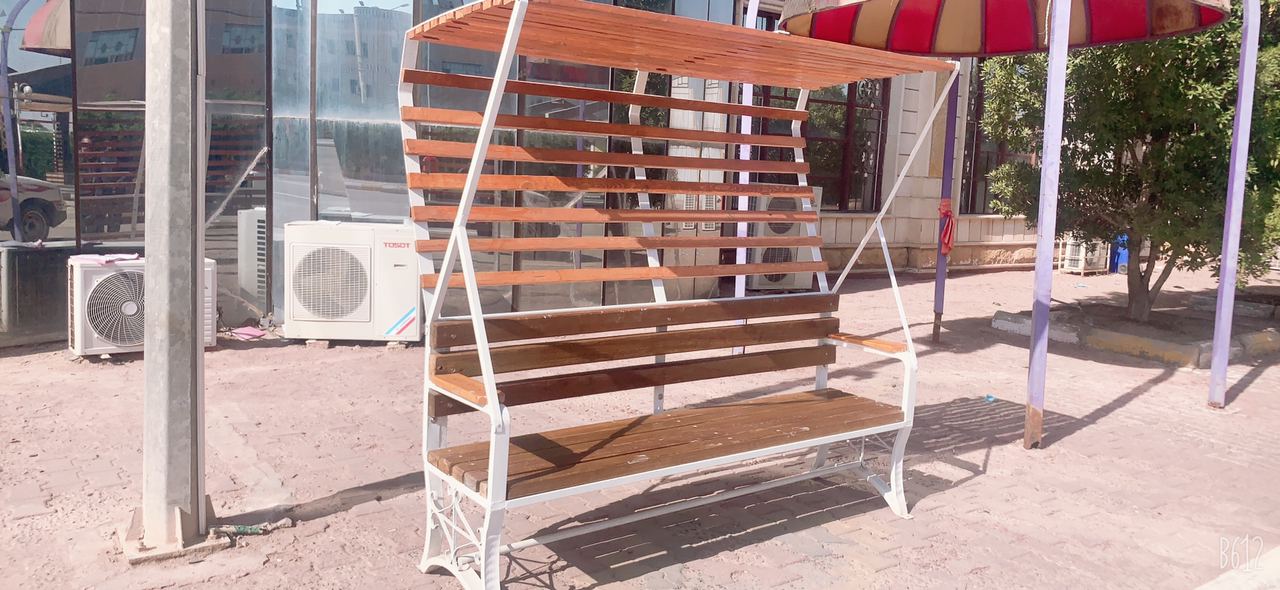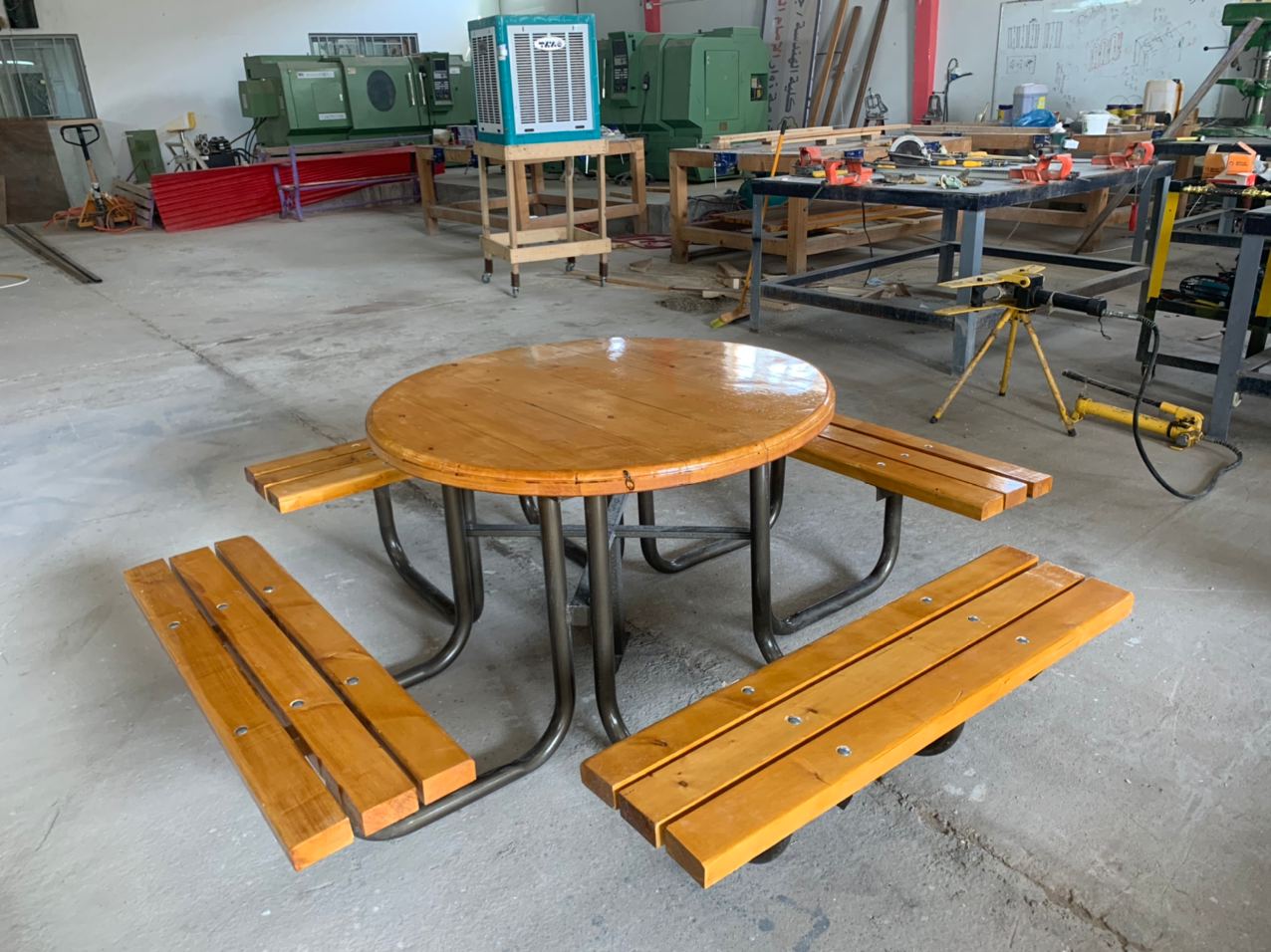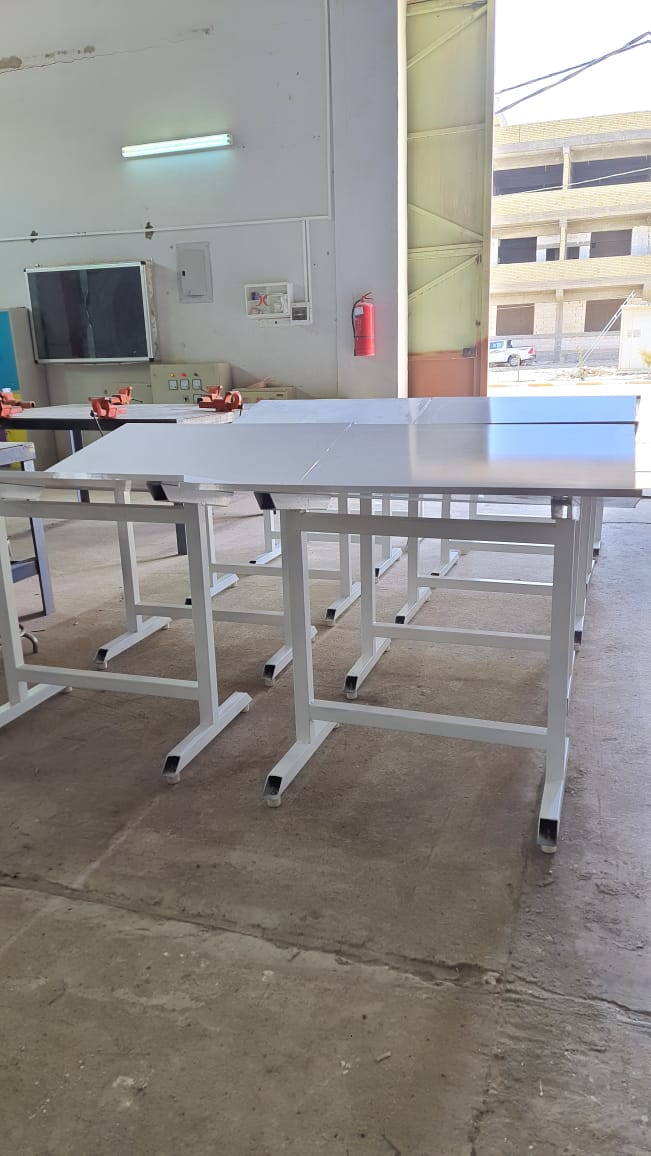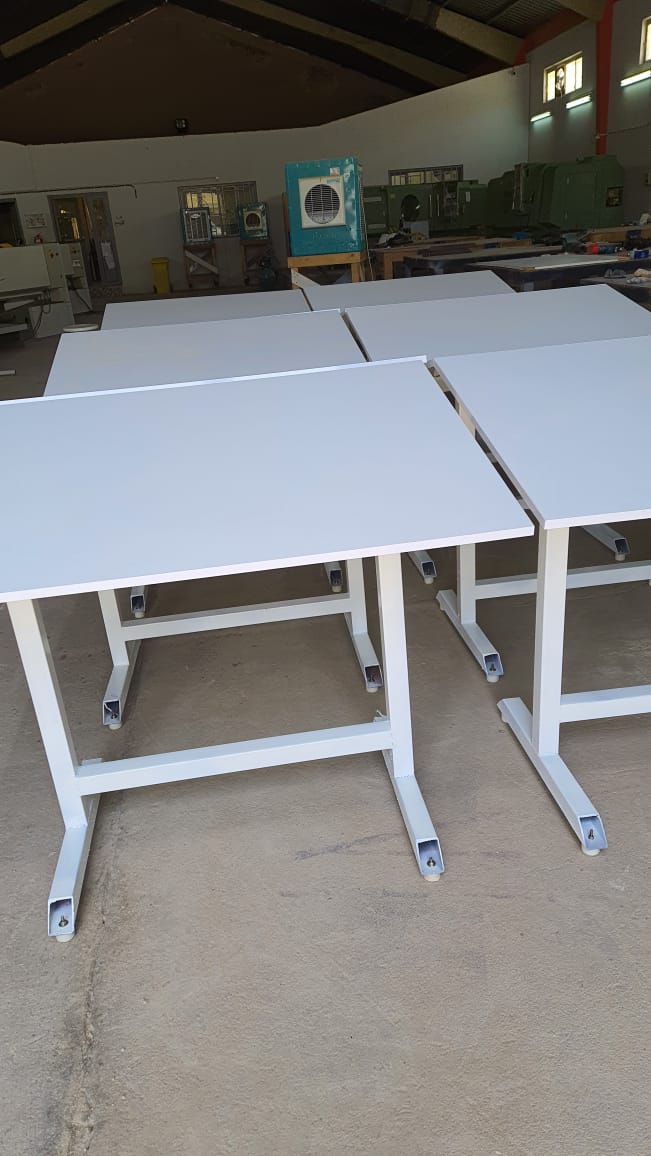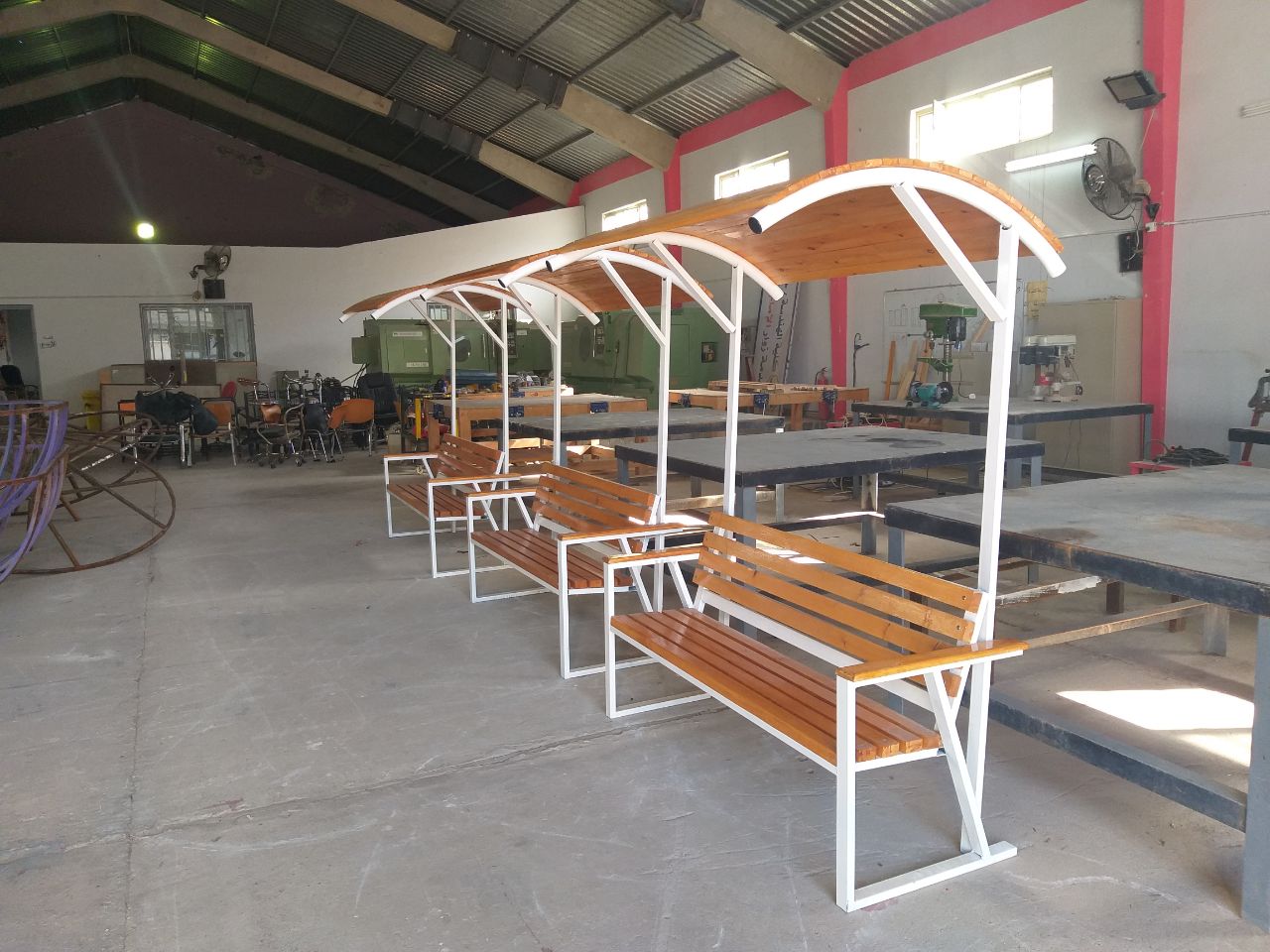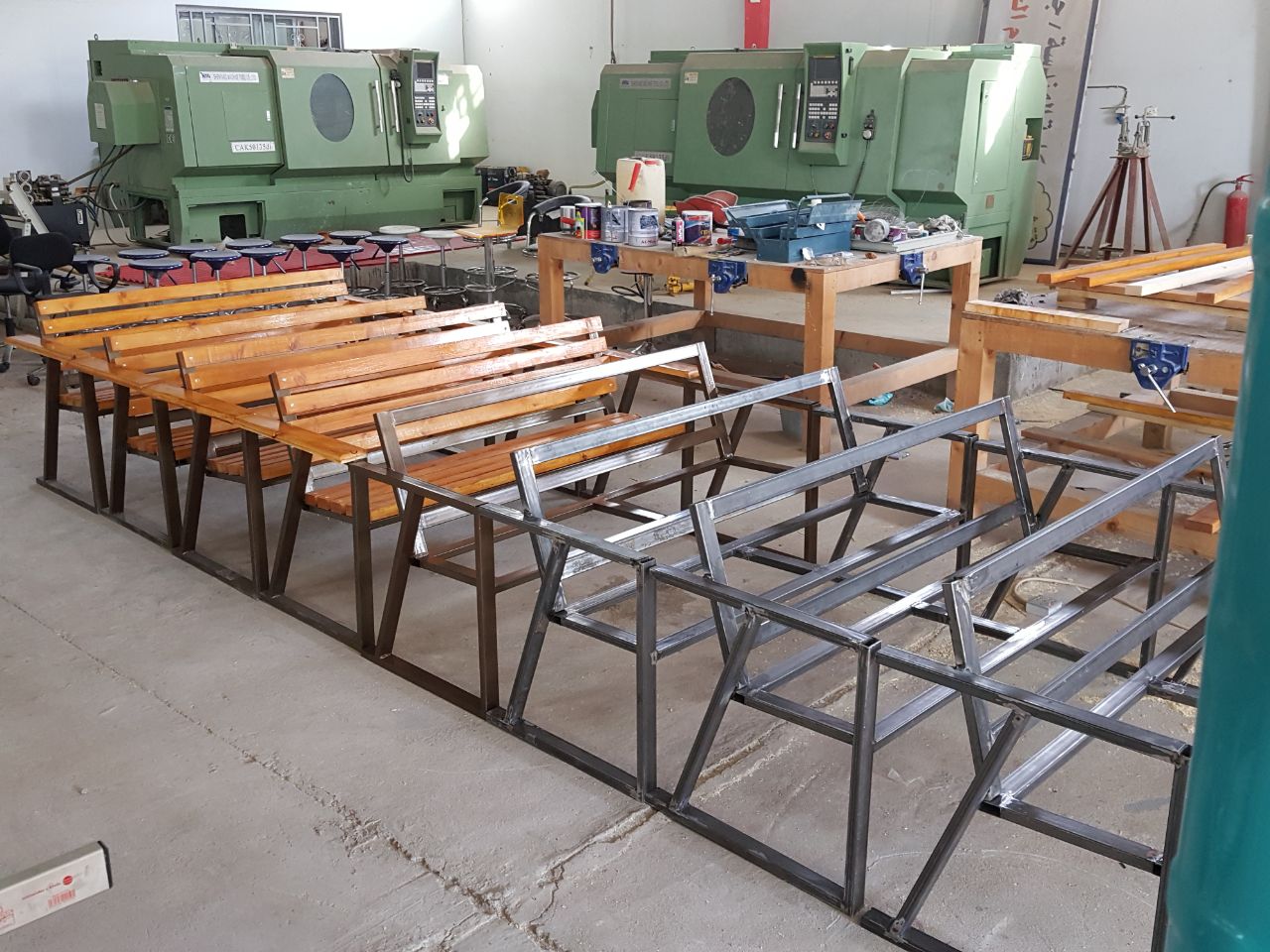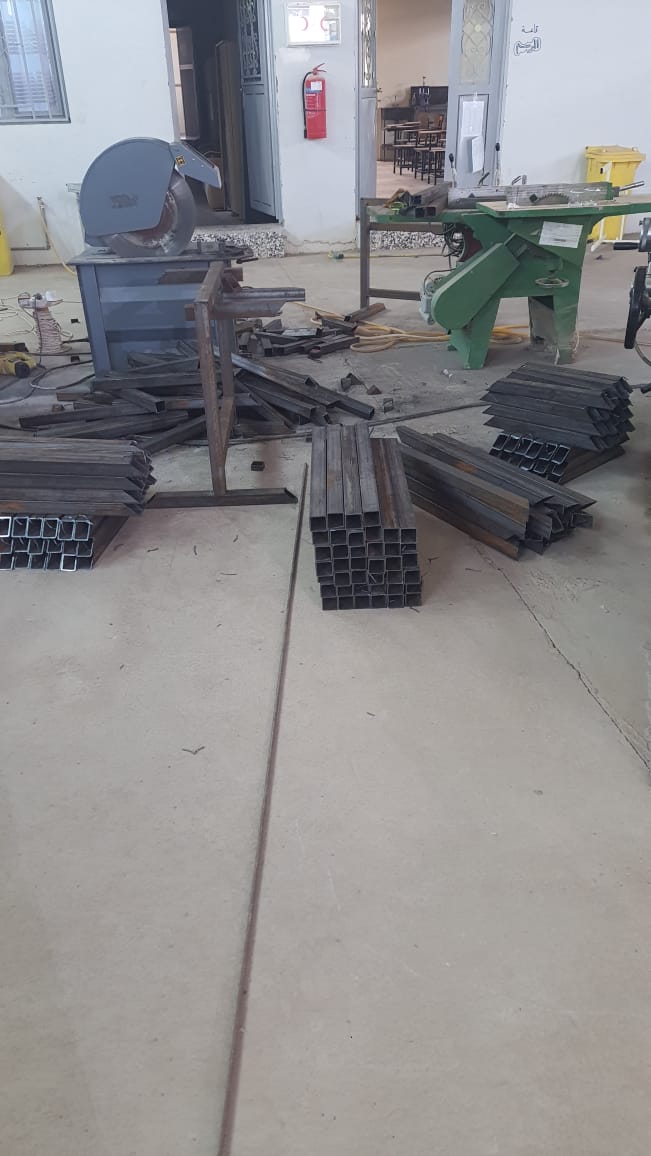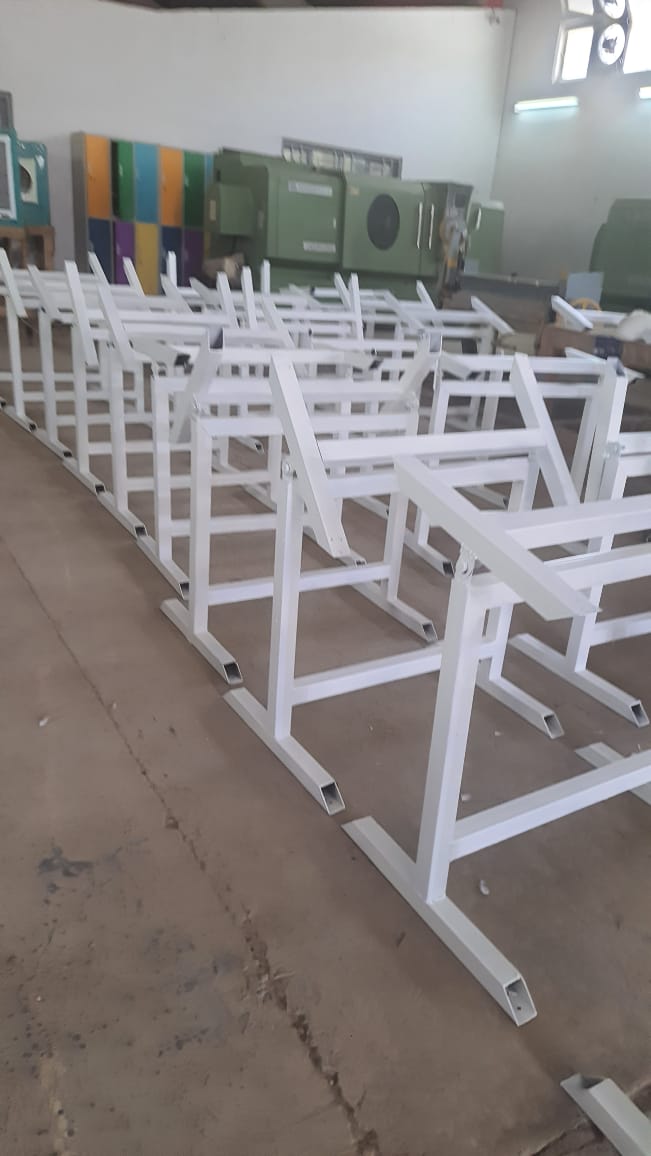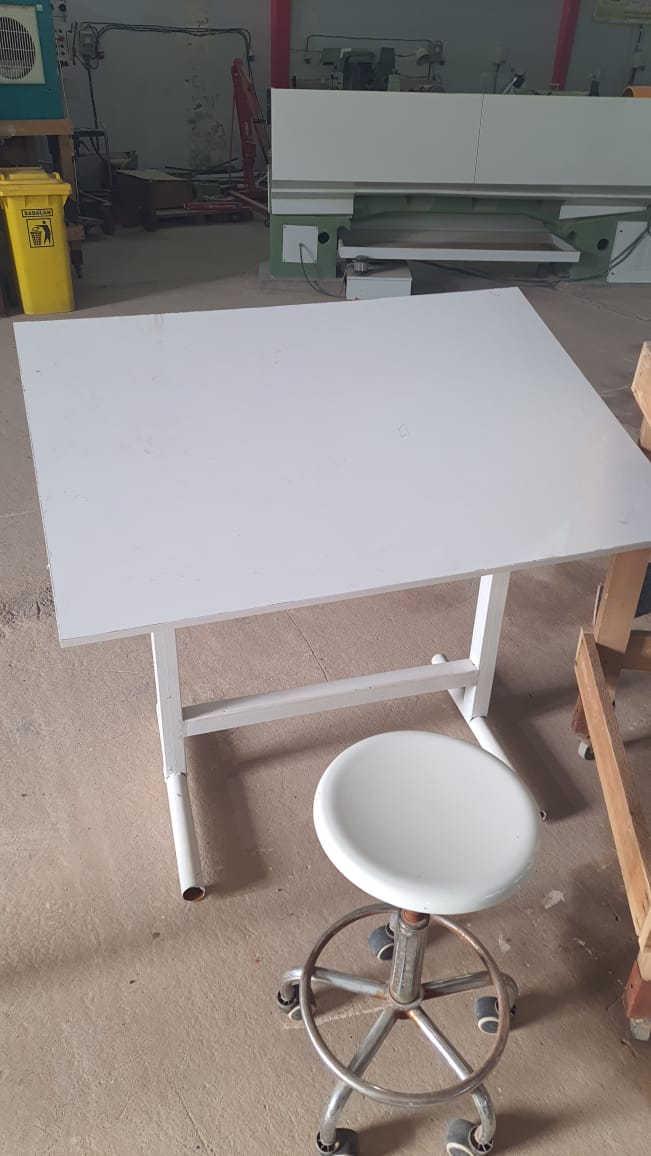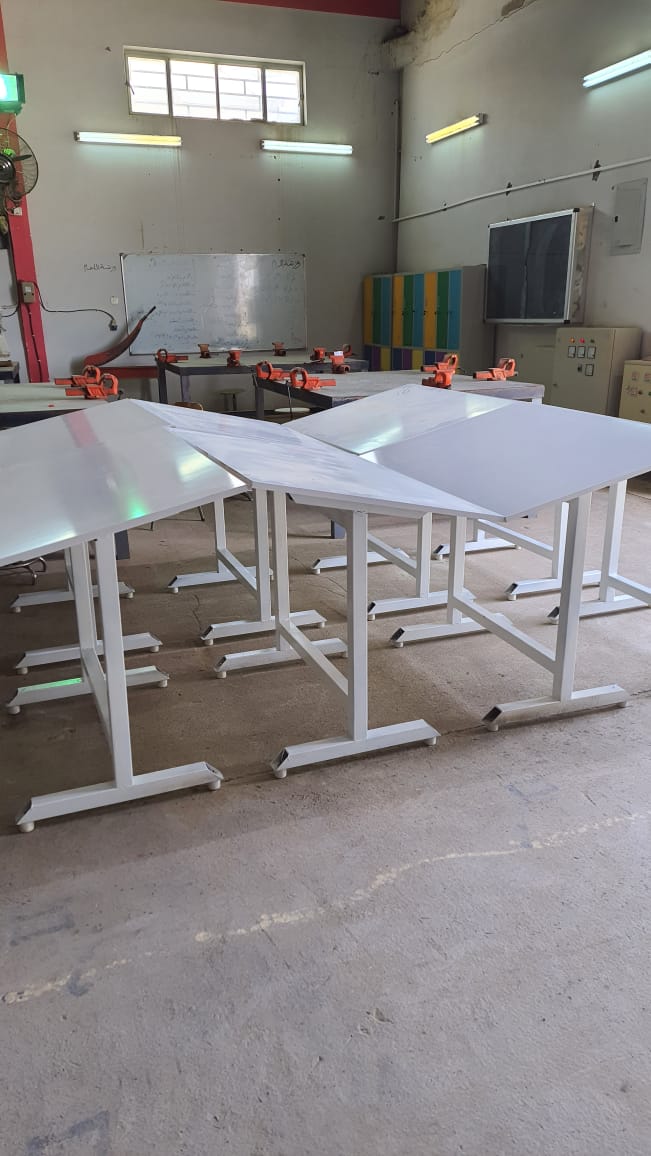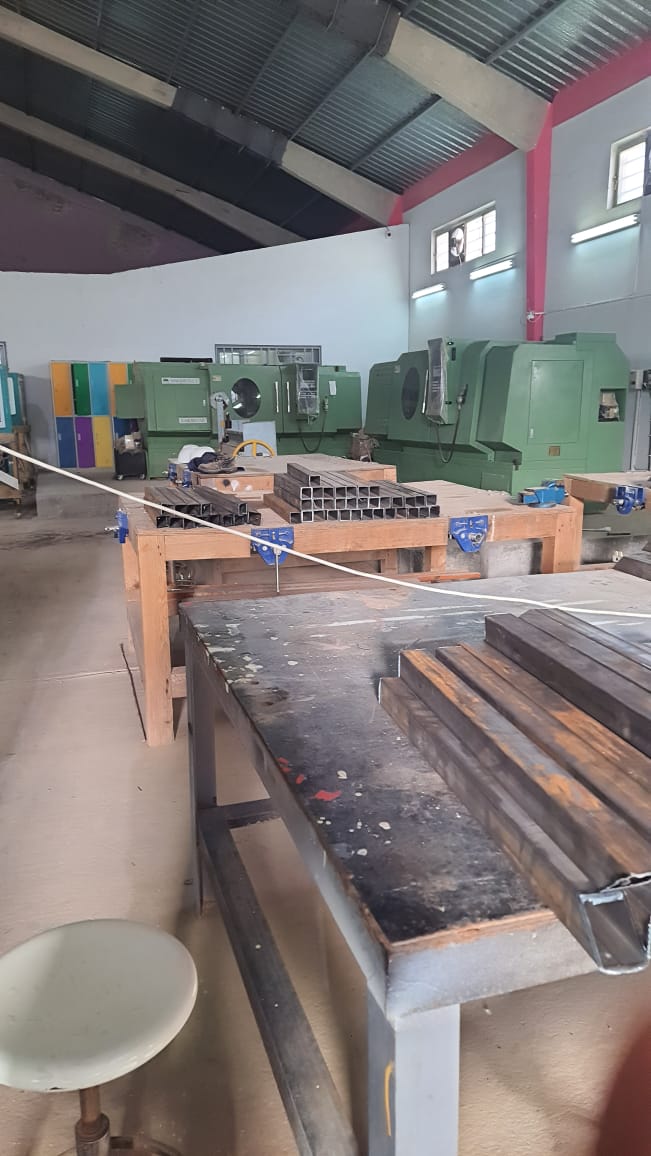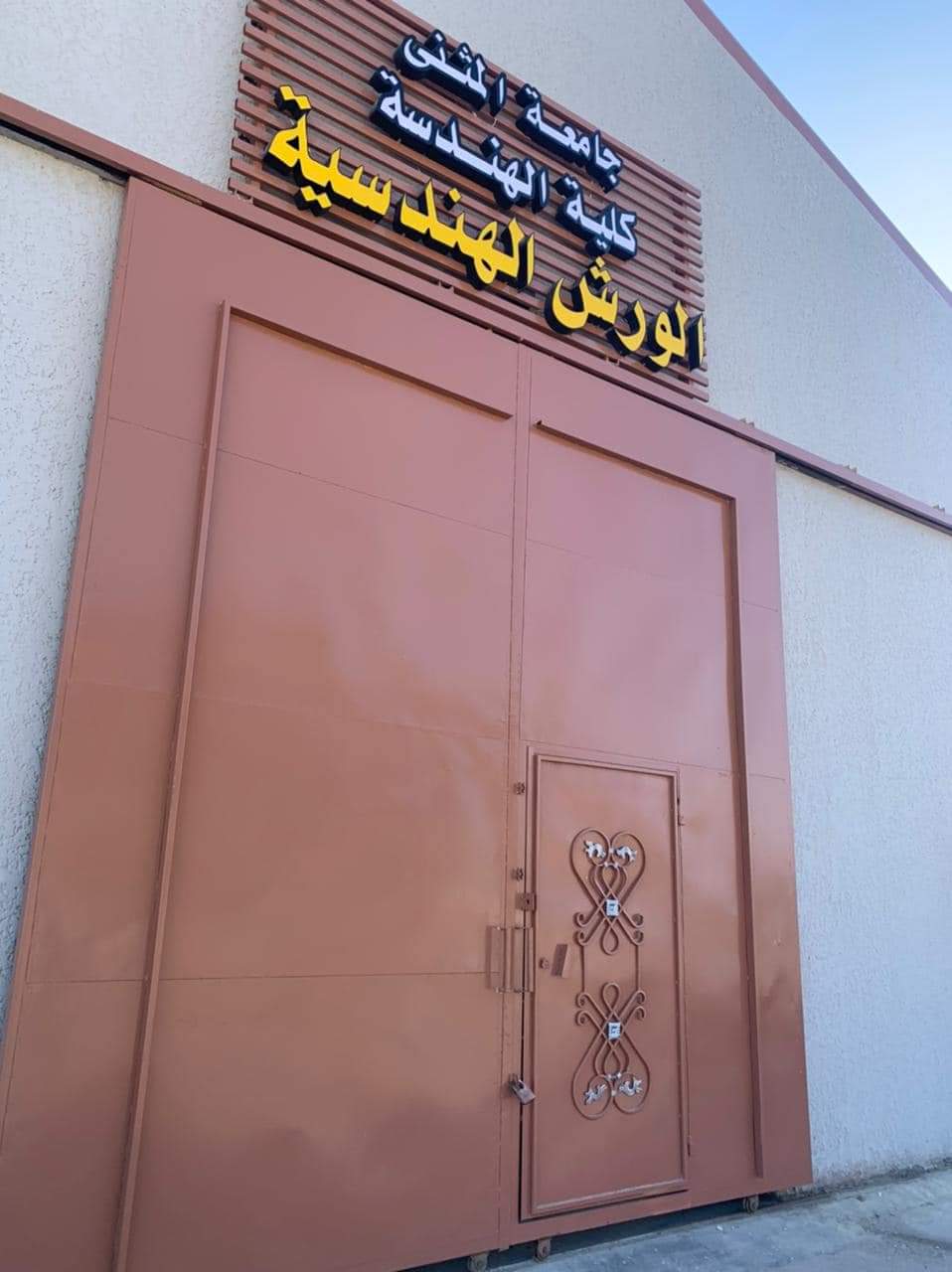
Engineering workshops
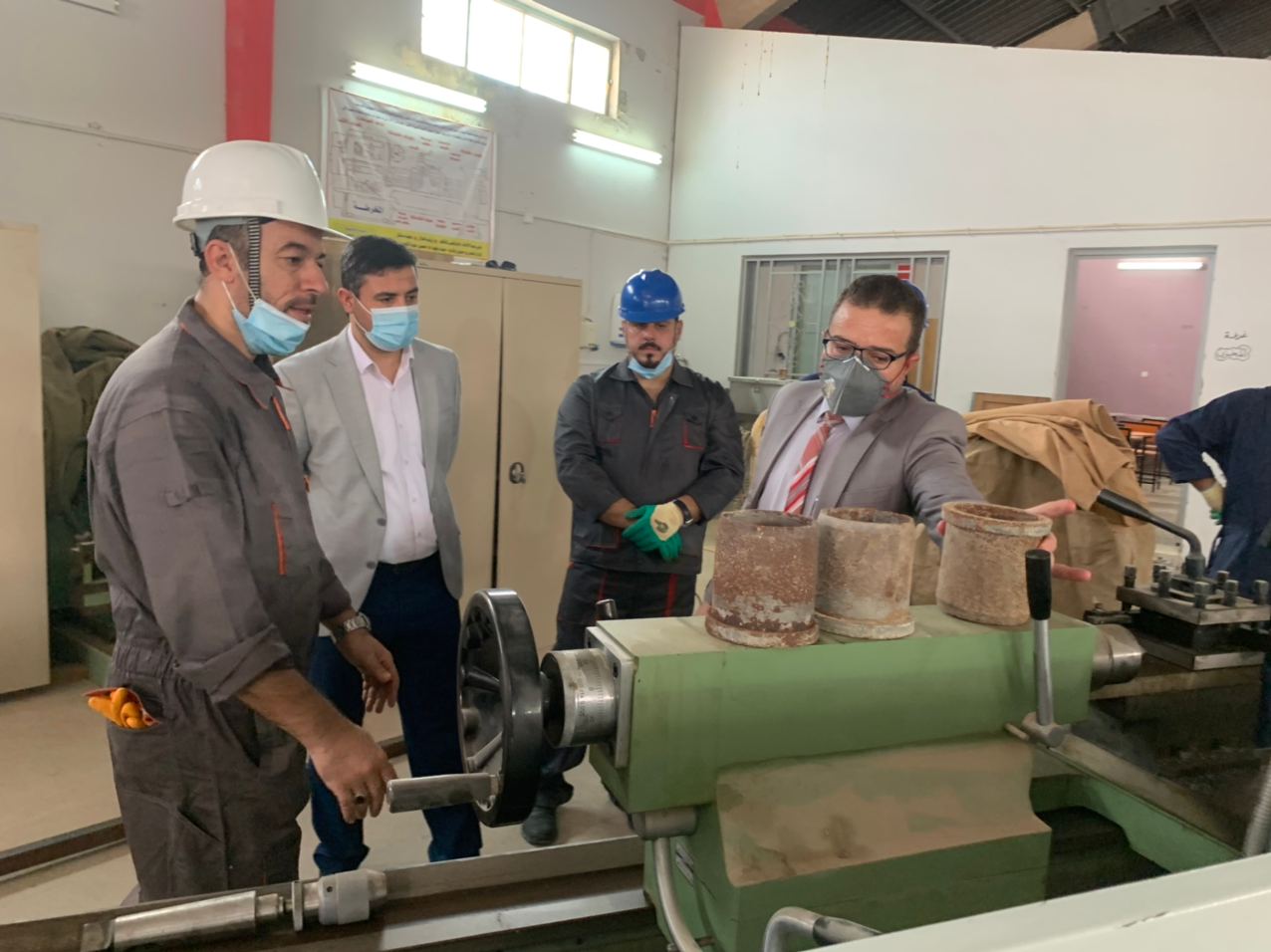
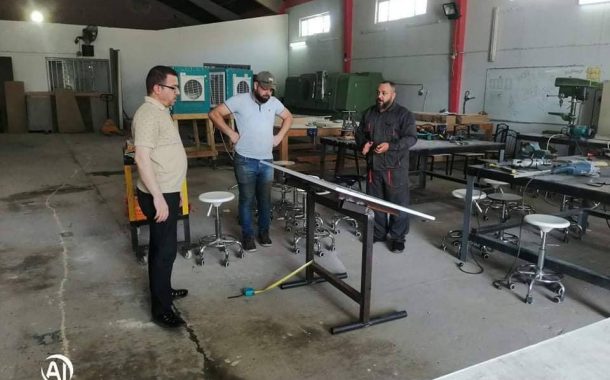
Introduction to engineering workshops:
Engineering workshops represent a vital and essential part of engineering education and effective education in the fields of engineering and technology. It is a personalized learning environment that enables students and faculty to transform theoretical concepts into practical experiences and practical applications. The engineering workshops aim to provide participants with practical knowledge and skills that they can use in a variety of engineering fields.
Engineering workshops are a learning environment where participants can try out ideas and participate in practical activities. Students learn how to handle engineering equipment and tools, and gain the ability to solve problems, creative thinking, and teamwork. This enhances a deep understanding of engineering concepts and helps prepare graduates for the real challenges they will face in different fields of work.
Engineering workshops include a variety of specialties and fields, including plumbing and filing, carpentry, welding, lathing, sanitary installations, and many other engineering fields. The presence of these workshops contributes to developing students’ skills, supports research and development, and contributes to providing high-quality educational services.
In short, engineering workshops represent an essential part of engineering education aiming to develop students' practical knowledge and skills and contribute to achieving technological development and sustainability in various fields of engineering.
Services provided by engineering workshops:
Practical education:
Providing a practical learning environment that enables students to apply theoretical concepts learned in the classroom.
An opportunity for practical training, practical skills development and practical experience.
College preparation:
- Providing and maintaining the necessary equipment and tools to support education and research at the college.
- Modernizing and developing equipment and devices to maintain up-to-date technology and high quality of engineering education.
research and development:
- Providing an environment for scientific research and experimentation with new ideas and technologies.
- Supporting technological research and development and achieving scientific progress in the fields of engineering
Training and educational workshops:
- Organizing training courses and educational workshops for students and professionals with the aim of transferring knowledge and developing skills.
- Providing opportunities to develop specific skills and improve professional competence.
Consulting and technical support:
- Providing consulting services to students and researchers in their projects and work.
- Technical support and advice on the use of engineering equipment and tools.
